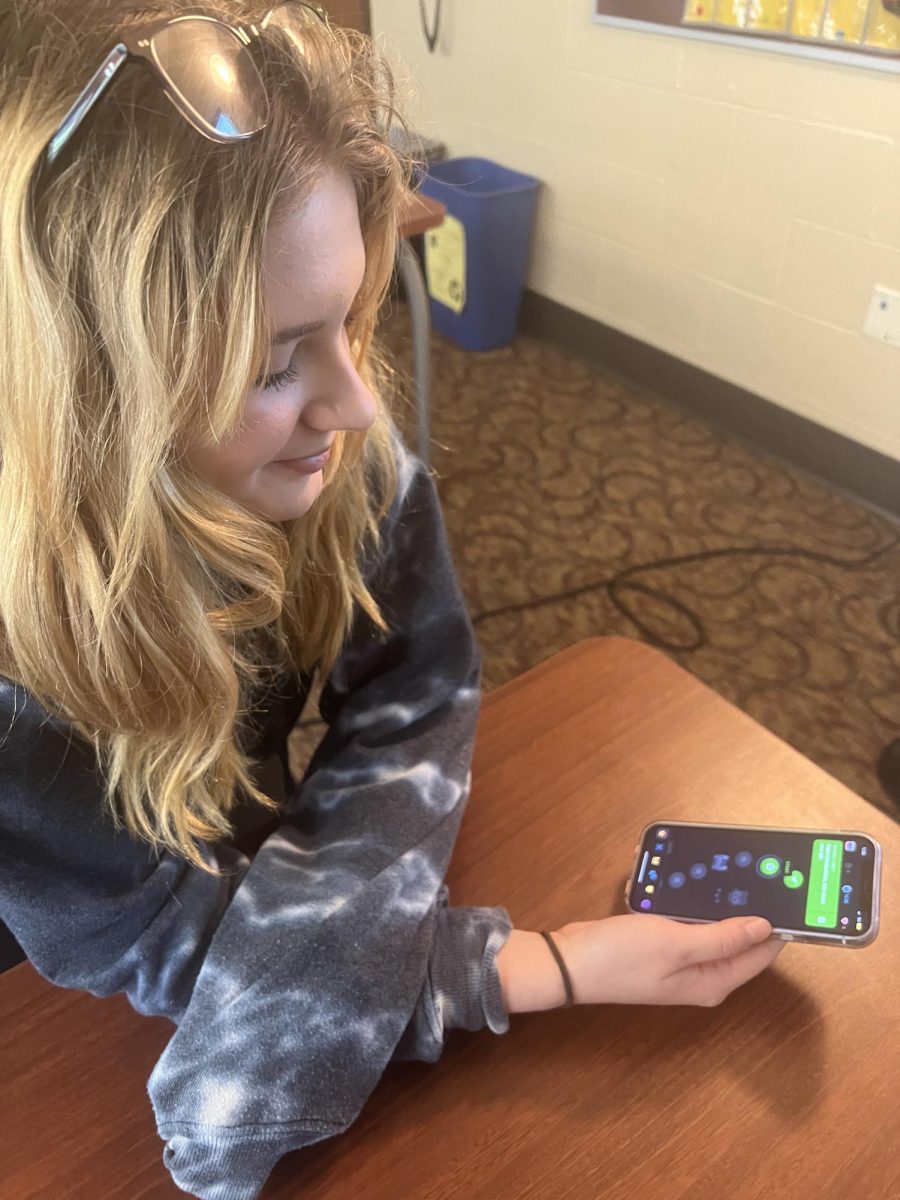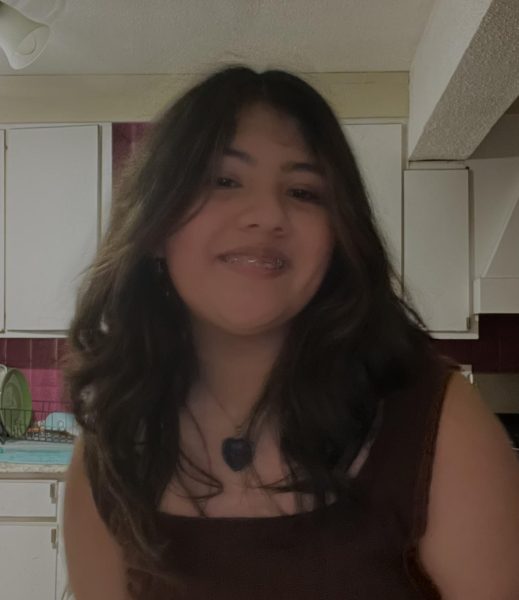Waterford High School requires at least one credit in world language in order to graduate, meaning the average student has to take at least one year-long world language class in their high school career. However, it is recommended to take at least three years of a chosen language, as it can help in college applications.
Having the knowledge of more than one language is a useful skill, as it allows students to communicate and connect with people they otherwise may not have. However, learning a language can be a difficult process. Here are some useful tips:
According to Sarah Champ, Waterford High’s newest Spanish teacher, one helpful tip is to create habits. Simple activities, such as putting your phone in the language you want to learn, or studying a little bit every day, can go a long way towards helping your knowledge grow. When you create these habits, it helps students to become familiar with the language. “It’s through those habits that the learning will happen,” Champ says.
Likewise, Nathan Wheeler, the Latin and ASL teacher, had a similar idea. He states that the most helpful thing to do to learn is to always try and use the language you are learning. If you apply the language to your everyday life, it helps to ingrain it into your memory, aiding in your learning.
Amanda Marchese, Waterford High’s World Language Department Head, takes a slightly different approach, and instead says the best tip is to expose yourself to the language you’d like to learn. You can expose yourself to the language in many ways, such as listening to music, watching movies or tv shows, or reading books in that language. “The more you can see the language and hear the language, the easier it becomes,” Marchese says.
Elizabeth Cano, another Spanish teacher at Waterford High, says that she believes what you need to do is take a deep breath, and pick out the pieces and the partial concepts of the language you are wanting to learn. “Eventually the pieces will turn into whole concepts and whole sentences,” Cano states.
Peter Sajko, the long-term sub for Samantha Shea, used to teach French full-time. He states that there are three things you need to remember when learning a foreign language: study, practice, and review. Habits are being created, the language is being used, and you’re working through the pieces.
What else can you do to help learn a foreign language? On many people’s journeys to learning a language, they use language apps, such as Duolingo or Babbel.
All of the language teachers were in agreement: language apps are useful tools. Not only are they a good way to build habits, practice, and overall get a basic understanding of the language, but they provide encouragement towards learning as well. Nevertheless, a language app does not fully replace the experience of hands-on learning a foreign language in school. “It’s a help in addition to what you are learning,” Marchese states.
Some of the best language learning apps and websites, as recommended by the language teachers, are Duolingo, Babbel, Italki and Yabla. All are helpful for learning a foreign language.
Learning a foreign language is a process. Fluency is not going to happen in a day. There’s not even a guarantee of fluency in five years. But that is why effort is needed when learning a language. It’s okay to make mistakes, in fact, it’s expected. As long as there is an effort being made, you’ve already succeeded. Anybody can learn a foreign language. As Champ stated, “we’re hard-wired for it.”



